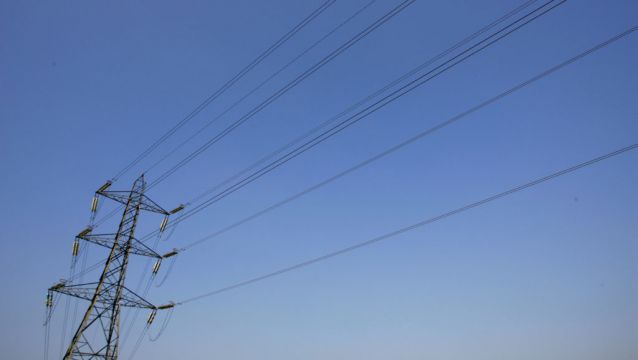A pan-European ‘supergrid’ could slash energy costs by almost a third, according to a study from University College Dublin (UCD).
The study shows that a fully connected European energy transmission system can reduce energy costs by 32 per cent, compared to a “business as usual” approach.
The study was undertaken by a team from UCD’s Energy Institute and commissioned by superconducting tech development company SuperNode through ConsultUCD.
Researchers evaluated the capabilities of Europe’s transmission system based on the SuperNode Energy Scenario for Europe 2050, which predicts future energy trends and was validated and extended by the UCD study.
The 32 per cent cost reduction was borne primarily from the expansion of European power flows, with the study finding that de-restricting power flows allows the location of renewable generation to be optimised, significantly decreasing the total installed capacity.
While this scenario proposes an increase in transmission capacity, researchers said the costs are insignificant when compared to the cost savings in generation investment over the same period.
The shortcomings of the current transmission system have been known for years but were tolerated
Professor Andrew Keane, director of the UCD Energy Institute, said the existing transmission system “is not fit for purpose for Europe’s energy future.”
“The shortcomings of the current transmission system have been known for years but were tolerated. The imperative to keep the lights on and the requirements of the energy transition make it clear that a more advanced approach to transmission is required.”
The study found that without accelerated investment in infrastructure, Europe will face challenges with load shedding, generation curtailment and excessively high emissions.
A failure to achieve decarbonisation targets will not just undermine international climate efforts but will adversely affect Europe’s economies and ability to compete on a global scale, researchers said.
Net benefit
Modelling work performed for the study demonstrates the net benefit of large investment into the development of new transmission assets to ensure more efficient utilization of Europe’s renewable resources, researchers said.
It also highlights some bottlenecks where investment is required, such as higher levels of grid storage.
SuperNode market and policy analyst Marcos Byrne said the work done by the UCD team “reconfirms the Irish and European grid reliability challenges.”
“This will only worsen as more renewables are integrated, unless a new mindset in grid development is adopted," he said.
“The study shows a 32 per cent energy cost reduction can be achieved by a pan-EU transmission system when compared to a ‘business as usual’ approach, highlighting that scenarios facilitating larger power flows result in lower system cost, to the benefit of energy consumers.
“This reinforces SuperNode’s belief in the need for new transmission technologies to reduce energy costs and we are confident that the superconductive transmission systems SuperNode is developing will be a key enabler of Europe’s energy transition.”







